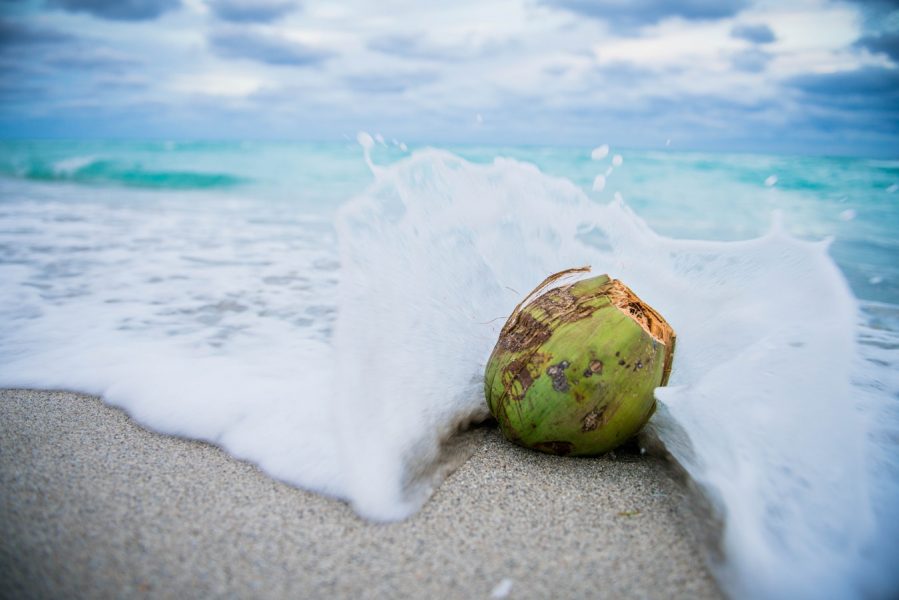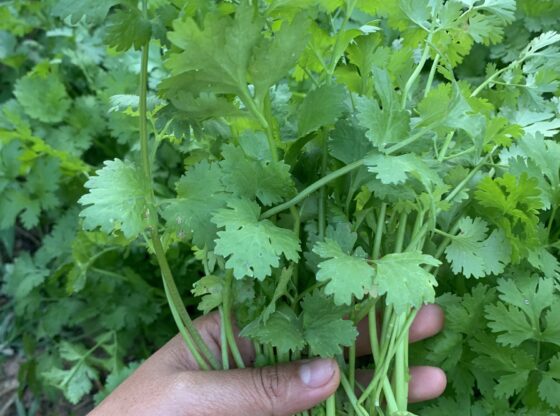![]()
Coconut yogurt is thick, creamy brain fuel its probiotic-rich, gut-healthy, KETOGENIC ,Vegan friendly and oh-so delicious!
The white flesh of mature brown coconuts are the source and are high in saturated fats known as medium-chain triglycerides (MCTs) which we benefit for weight loss, body composition, and metabolism.
MCTs go from the digestive tract directly to the liver, where they’re used for energy (and less likely to be stored as fat).
Studies have shown that MCTs help to burn calories, control body weight, balance satiety, and may help you lose fat in the abdominal area. About half the fat in a coconut comes from a medium-chain fatty acid called lauric acid, a compound that contains strong anti-inflammatory properties previously only find in mother milk’s (Colostrum) during 14 days after delivery of the baby.
When lauric acid is digested, it also forms a substance called monolaurin, which can kill harmful pathogens like bacteria, viruses, and fungus.
Coconut is also loaded with minerals like magnesium, calcium, phosphorus, and potassium, which most people are deficient in yet is critical for maintaining healthy blood pressure and aids in water balance in the body to counteract too much sodium (bye-bye bloat!).
The high folate content is essential for red blood cell function, healthy metabolism, and proper brain development in infants.
The folate is a potent antioxidant that is important for preventing the yogurt from spoiling.

Your Own Yogurt
1. Shake the carton of 500ml Thai coconut milk, (e.g. brand AROY) then open it and pour it into a glass jar. Twist open 2 or 3 probiotic capsules (Lactobacillus NOT the cheap yogurt capsules as sold in Thai pharmacies!) and empty the powder into the coconut milk. Discard the capsules.
2. Stir the probiotic into the coconut milk, mixing completely using a plastic, ceramic or wooden spoon. Cover the jar with cheesecloth or a piece of paper towel and secure it with a rubber band.
3. Set the jar aside in a warm spot that is out of direct sunlight for 24-48 hours (fermentation will depend on how warm your home is). After 24 hours, check the yogurt. Give it a taste with a clean plastic or ceramic spoon to see if your yogurt is done (it should have a distinctive tangy yogurt taste). If still too thin, let it sit a few more hours. Note that it will continue to thicken in the refrigerator.
4. When done, remove the cloth, cover loosely and move the jar to your refrigerator. It will take an additional 8-12 hours for the yogurt to chill and thicken.
5. The yogurt can be stored, covered, in the refrigerator for up to 7 days. If it develops mold or an odd smell, throw it out.
Happily, you live in the Land of Smiles, loaded with all kind of fresh coconut products, and the right temperature to create your own yogurt.
BON & HEALTHY APPETITE!!













